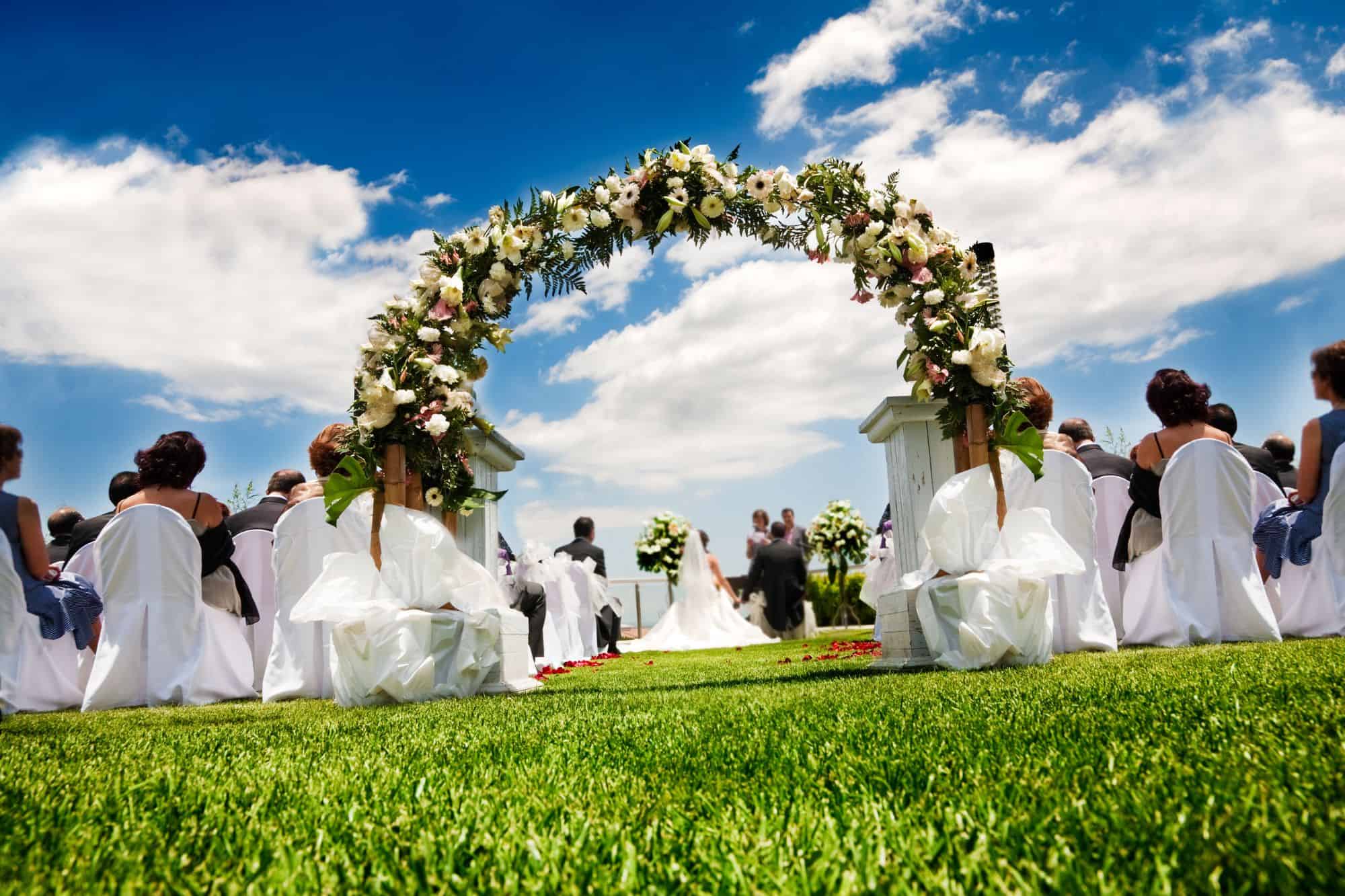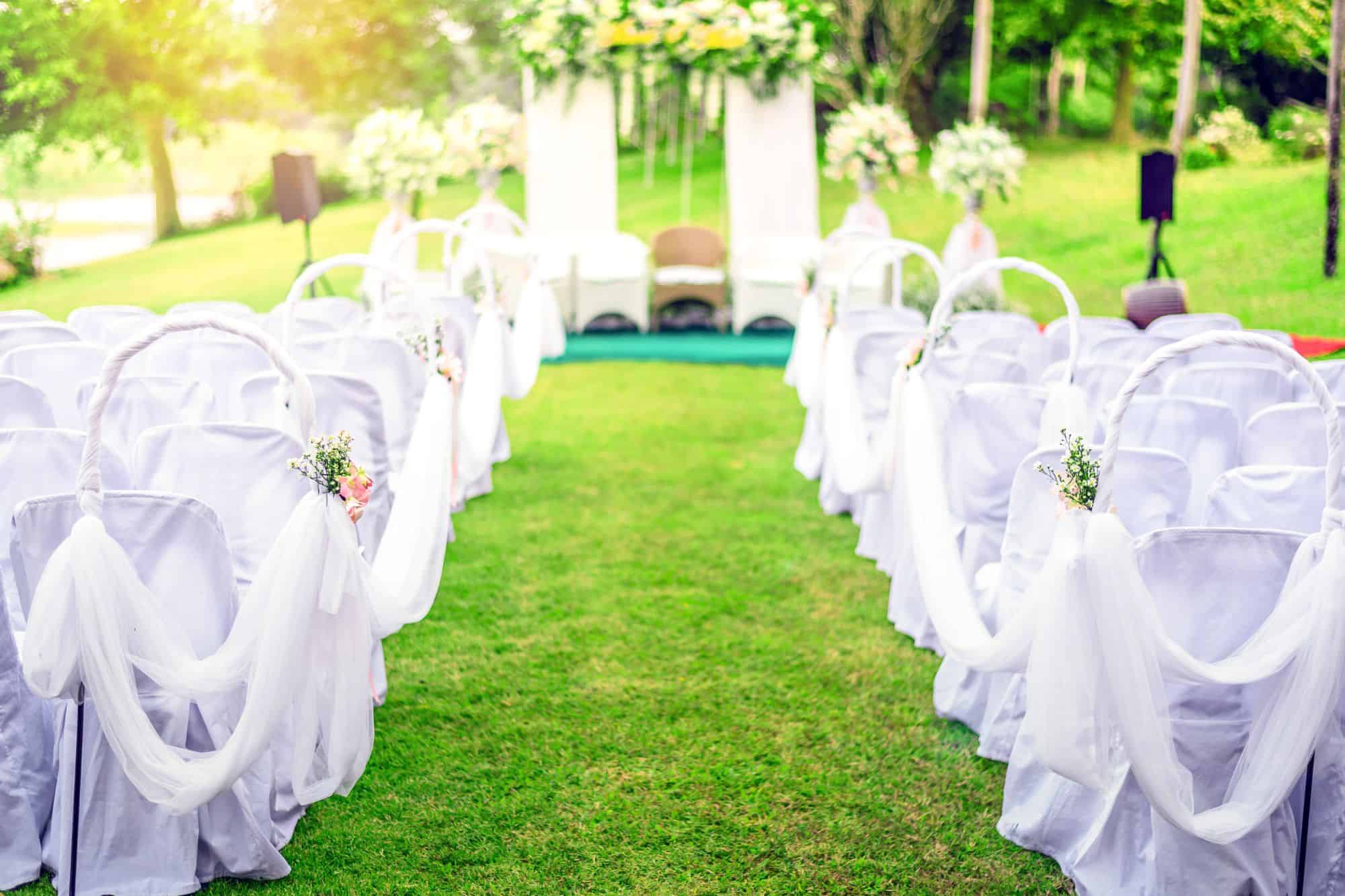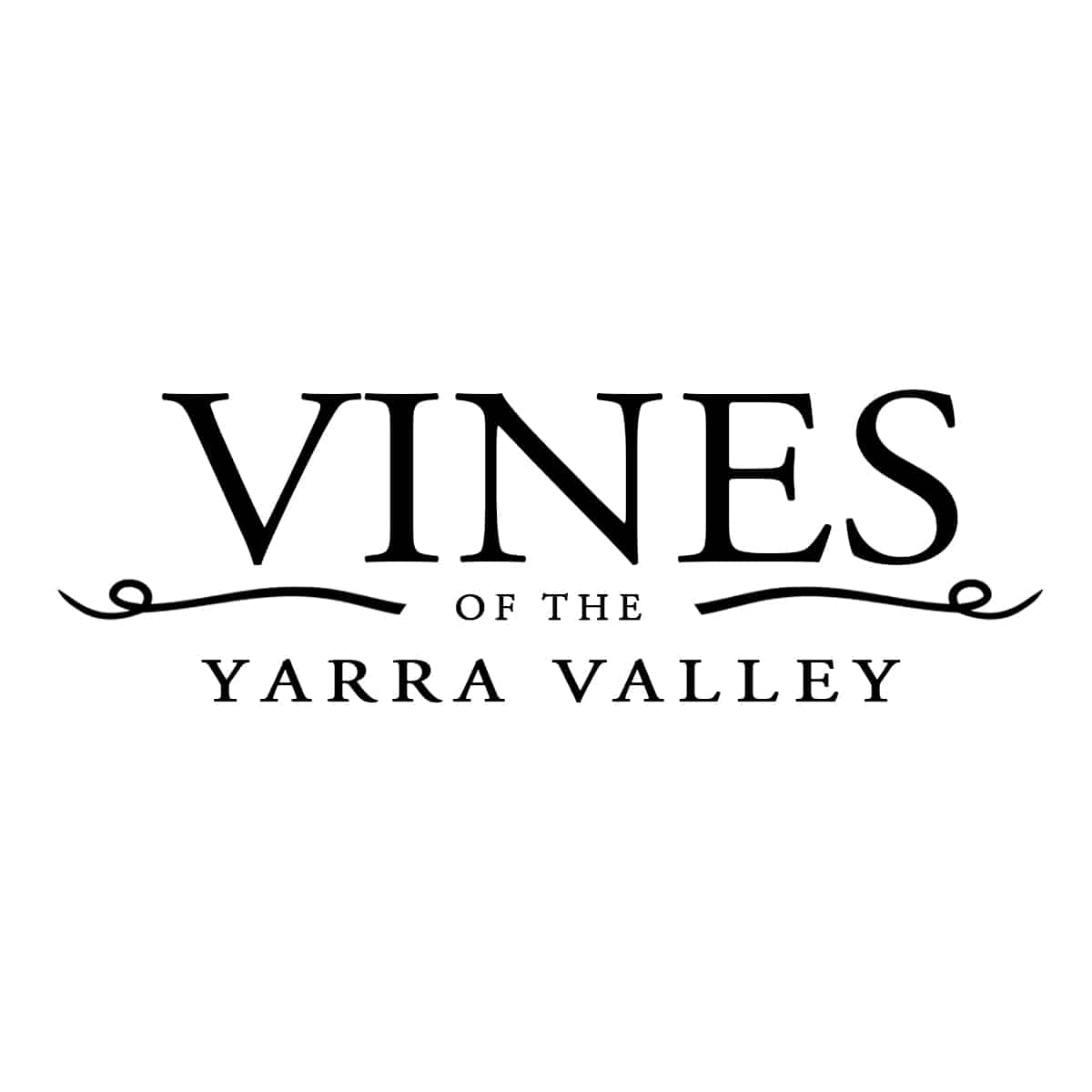Planning a winery wedding in the Yarra Valley is a dream come true for many couples. However, the final week leading up to the big day can be stressful without proper planning.
In this guide, we’ll cover essential tips and strategies to ensure your wedding week goes smoothly, allowing you to enjoy the special moments fully.
Let’s get straight to the point
Planning a winery wedding in the Yarra Valley is magical, but the final week can be stressful without proper preparation.
Key tips to ensure a smooth wedding week include finalising your itinerary, trying on your dress, breaking in your shoes, organising venue items, holding the rehearsal dinner early, confirming vendor payments, and delegating tasks.
Consider hiring a wedding coordinator, taking care of yourself, and staying connected with your partner.
Prepare for the weather, prioritise guest comfort, and practice gratitude to stay calm and enjoy the celebration. Ultimately, focus on celebrating your love and cherishing every moment.
1. Nail Down The Wedding Itinerary
Finalising Your Timeline
With just seven days to go, it’s important to confirm that your wedding timeline is solid.
Make sure to review your checklist and adjust any timings as needed. Be sure to leave some buffer time between events for unexpected delays.
- Create a detailed schedule for the day.
- Review with your vendors and wedding party.
- Allow for extra time to account for any unforeseen circumstances.
By doing this early, you avoid last-minute stress and confusion.
2. Try On Your Wedding Gown
Ensure A Perfect Fit
Your wedding dress is one of the most important elements of the day. Trying it on a week before ensures that it fits perfectly and there are no last-minute surprises. Make sure to check not just the fit but also the comfort level.
- Test the dress for any discomfort or sizing issues.
- Pair the dress with accessories such as your veil and jewellery to see the complete look.
- Address any last-minute alterations if required.
This is the final check to ensure your dress is flawless.
3. Break In Your Wedding Shoes
Preparing For Comfort
If you’re planning on wearing heels, especially for an outdoor ceremony, it’s essential to break in your shoes. Walking on uneven surfaces like grass can be tricky in new heels, so test them out beforehand.
- Wear the shoes around the house with thick socks to stretch them out.
- Walk on surfaces similar to your venue, such as grass or gravel.
- Bring a backup pair of flats for comfort during the reception or photoshoot.
Comfortable shoes will make a significant difference in how you feel throughout the day.
4. Organise And Deliver Ceremony And Reception Items
Prepare Venue Materials
In the week leading up to the wedding, it’s time to gather and deliver essential items to your venue. This includes things like unity candles, table numbers, guest books, and any decor elements.
- Gather all items such as escort cards, table settings, and ceremony decor.
- Deliver these to the venue at least a week in advance.
- Include clear instructions for the venue staff on how each item should be placed or used.
By doing this, you ensure nothing is forgotten and your wedding day setup runs smoothly.
5. Get The Rehearsal Dinner Out Of The Way
Hosting A Smooth Rehearsal
The rehearsal dinner should be held at least two days before the wedding. This gives you time to make any adjustments if needed. It also allows everyone involved in the ceremony to practice their roles without feeling rushed.
- Schedule the rehearsal dinner two days prior.
- Communicate the plan to all involved, including bridal party and family.
- Use the rehearsal to fine-tune the ceremony and ensure everything runs as planned.
The rehearsal dinner is also a great opportunity for everyone to relax and socialise before the big day.
6. Double-Check And Make Final Payments
Finalise Vendor Payments
With all the wedding excitement, it’s easy to forget about final payments. Make sure to review all your vendor contracts and clear any outstanding balances.
- Confirm payments with vendors such as photographers, florists, and caterers.
- Set up automatic payments if possible to avoid last-minute stress.
- Ensure you have receipts or confirmations for all payments.
By handling this in advance, you eliminate the risk of any financial hiccups on your wedding day.
7. Learn To Delegate
Sharing Responsibilities
You cannot do everything yourself in the final week, and that’s okay. It’s essential to delegate tasks to trusted friends or family members who can help ease your burden.
- Assign specific tasks to people you trust, such as managing guest arrivals or overseeing the reception setup.
- Communicate clearly what each person is responsible for.
- Don’t hesitate to ask for help—your friends and family will be happy to assist.
Sharing the workload ensures you don’t burn out before the big day.
8. Hire A Wedding Coordinator
Extra Hands-On Deck
If your budget allows, consider hiring a wedding coordinator. A professional coordinator will handle all the details on the day of your wedding, allowing you to relax.
- Book a coordinator well in advance to assist in the final week.
- They can oversee vendors, help with seating arrangements, and manage the event flow.
- Coordinators are experts at handling last-minute issues, so you don’t have to.
This professional help can make a significant difference in keeping the day stress-free.
9. Take Care Of Yourself
Focus On Your Well-being
Amid all the excitement, don’t forget to take care of yourself. It’s important to be well-rested and healthy for your wedding day, so make self-care a priority in the final week.
- Get plenty of sleep to feel refreshed.
- Eat a balanced diet and stay hydrated.
- Find time to relax, whether it’s a yoga session, meditation, or simply spending quiet time with your partner.
Looking after your health will ensure you feel your best when the big day arrives.
10. Spend Quality Time With Your Partner
Stay Connected
As the wedding day approaches, it’s easy to get caught up in the planning details and forget the reason for the celebration—your relationship. Make time to connect with your partner during this busy week.
- Schedule some quiet time together away from wedding prep.
- Talk about your excitement and dreams for the future.
- Focus on each other and the significance of the day, rather than the stress of the event.
This will help ground you both and remind you of the true purpose of the celebration.
11. Prepare For The Weather
Have A Backup Plan
Weather can be unpredictable, especially in an outdoor venue like the Yarra Valley. Keep an eye on the weather forecast and make backup plans if necessary.
- If rain is forecast, arrange a marquee or covered area for the ceremony and reception.
- Ensure that guests are comfortable by providing umbrellas, fans, or heating depending on the conditions.
- Consider alternative indoor locations at the venue for photos if the weather turns bad.
Preparing for different weather scenarios will prevent last-minute panic and keep the day running smoothly.
12. Ensure Your Guest’s Comfort
Making Guests Feel Welcome
Your guests’ comfort should be a top priority. From the moment they arrive until they leave, ensure that they feel well-cared for and have everything they need.
- Provide clear directions and transportation options to the venue.
- Offer seating options, such as chairs for the elderly, during the ceremony.
- Arrange refreshments if there is a long gap between the ceremony and reception.
Taking care of these small details will enhance your guests’ experience and make your wedding more enjoyable for everyone.
13. Final Thoughts: Relax And Enjoy
Practice Gratitude
The final week can be overwhelming, but taking time to practice gratitude can help you stay calm and focused. Appreciate the hard work that has gone into planning your special day and the support of your loved ones.
- Reflect on what’s gone well and focus on the positive aspects of your planning.
- Express your gratitude to friends and family who have helped along the way.
- Take a moment each day to breathe and remind yourself that everything will fall into place.
Focusing on gratitude will help you stay grounded and ensure that you are in the best mindset to enjoy your wedding day.
Conclusion
Planning your dream wedding in the Yarra Valley is a beautiful journey, but the final week can feel intense if you’re not prepared.
Following these essential tips—solidifying your timeline, checking the details, delegating tasks, and taking care of your well-being—you can transform potential stress into an exciting countdown to the big day.
Focus on what truly matters: celebrating your love with your partner and those closest to you.
Stay present, feel the experience, and most importantly, enjoy every special moment as it unfolds. Your wedding day will be everything you’ve dreamed of and more!
Frequently Asked Questions
What makes a good venue?
The most important aspect of choosing a venue is cost-efficiency. Ensure the venue offers price flexibility, such as pricing tiers or packages.
You can also check whether a venue offers an all-inclusive hire rate or if they offer more price-friendly, digestible options.
Why is venue selection important?
Venue selection is vital to your event’s success and is the most critical decision for an event planner.
This decision will likely make up the largest portion of your budget and will be the vessel used to deliver exciting and quality content to your attendees.
What are the biggest expenses for a wedding?
While the average cost of a wedding in 2020 was $20,300, this cost can quickly rise as the wedding becomes more extravagant.
The most expensive parts of most weddings are costs associated with the reception venue, including the cost of renting materials, tables and chairs, and serving food or alcohol.
What do most wedding venues include?
Sixty-nine per cent of venues do include tables and chairs, but with others, you’ll have to hire an outside rental company to provide tables, chairs, china, flatware, linens, and more.
Also, if you would like a wider range of rentals to choose from, consulting with a rental company can be a good idea.
What makes a great venue?
The most important aspect of choosing a venue is cost-efficiency. Ensure the venue offers price flexibility, such as pricing tiers or packages. You can also check whether a venue offers an all-inclusive hire rate or if they offer more price-friendly, digestible options.



